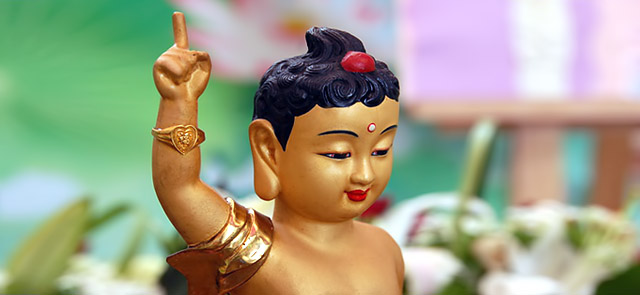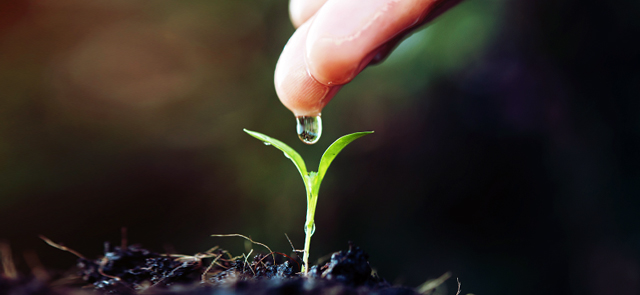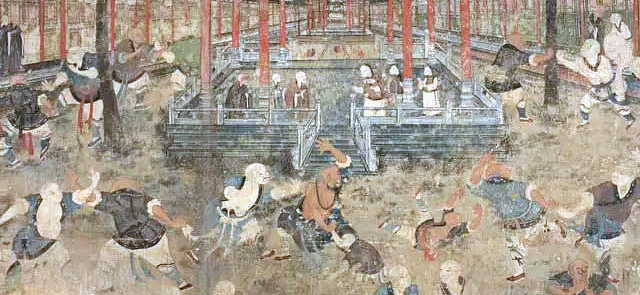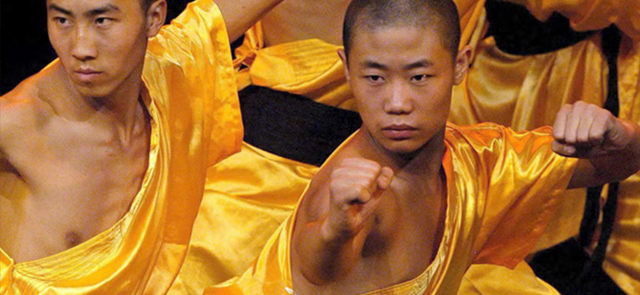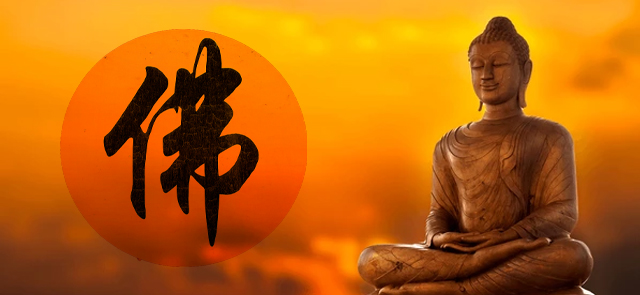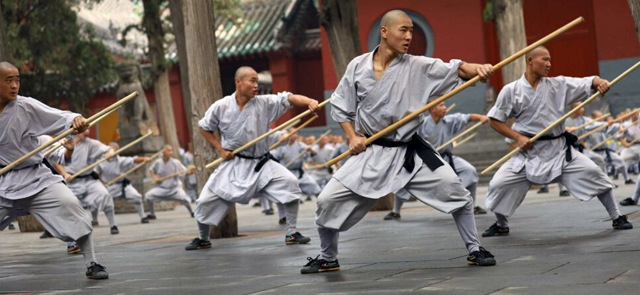Vesak [Chin.: Wèisāi jié 衛塞節 | Sanskr.: Vaiśākha] also known as Buddha Day is the holiest day in Buddhism and a season of special holy significance to all Buddhists around the world. Vesak Full Moon is the holiest of all the full moon days. On this day are celebrated the birth, the Enlightenment, and the death of the Buddha.
The significance of Vesak lies with the Buddha and his universal peace message to mankind.Vesak (from the name of the second month in the Hindu calendar) is celebrated mainly for the three-fold events in the life of the Buddha - Birth, Enlightenment and the Great Passing Away. The exact date of Vesak is based on the Asian lunisolar calendars and it takes place on the full moon of the lunar month Vesakha, which falls between April and May on the Gregorian calendar, and hence the name Vesak. Vesak is also known as Visakah Puja or Buddha Purnima in India, Visakha Bucha in Thailand, and Wesak in Sri Lanka.
Venerable Mahinda
Primarily a Theravada Buddhist holiday, Vesak Day is celebrated most energetically in Thailand, India, Sri Lanka, Cambodia, Indonesia, Myanmar (Burma), Vietnam, Laos and by Buddhists in some Western countries. Vesak Day is usually a public holiday in these Southeast Asian countries.
To those who do not follow the Buddhist faith, the Birth and Enlightenment of the Buddha is also of the greatest significance when one considers the unique contribution made by the Buddha over 2500 years ago to the various branches of modern knowledge. It is no wonder then that the brilliant minds and thinkers of the East and West have bowed their heads in reverence and acknowledged Gautama the Buddha as the greatest man ever born, beyond compare, the greatest combination of heart and mind that ever existed.
These sacred events of the Vesak Full Moon season can be classified this way:
The Buddha's birth as Prince Siddhartha took place on this day at Lumbini in Kapilavatthu (modern Nepal).
Ascetic Siddhartha Gautama attained Supreme Enlightenment on this day at Buddha Gaya under the sacred Bodhi Tree.
The Supreme Buddha's Great Demise (Parinibbana) happened on Vesak Full Moon day at Kusinara. In terms of the evolution of the Supremely Enlightened One in the course of His migrations in Samsara (Cycle of Rebirths) Vesak Full Moon possesses a tremendous significance.
The Aspirant Buddha, in His existence as Ascetic Sumedha, received his confirmation of the attainment of Buddhahood from Buddha Dipamkara on a Full Moon day.
The Supreme Buddha's display of His psychic powers through the performance of Yamaka Maha Patihariya (The Miracle of the Twin Wonders) took place on a Vesak Full Moon day. This event is a crucial turning point in His Dispensation as this convinced numerous skeptics "doubters" - about the Supreme Buddha's Enlightenment.
Yufo offers Buddhists an opportunity to reflect on the life and teachings of the Buddha. It highlights the potential for inner peace and happiness that lies within us all.The Vesak Day is celebrated in different ways around the world.
Grand Master Shi Yong Po [Chin.: shìy?ngp? ??? | 1926 - ]
On Vesak Day, Buddhists in all countries gather in temples to worship, and to give alms to the monks. Some people spend all day at the temple just listening to the Buddha's teachings and stories about his life. Monks are also invited into homes to give teachings. Vesak day is a day for Buddhists to reaffirm their commitment to living a moral and compassionate lifestyle.
In Singapore the day usually starts with monks chanting Sutras. This is followed by the ceremonial release of small animals or caged birds. This is considered an act of generosity, symbolic of generating good karma. The act also symbolizes the Buddha's compassion for all things.
In China Vesak Day featuring washing Buddha image with perfumed water. The celebrations begin before sunrise and devotees throng the temples early at dawn to meditate. Chanshi (the ceremony of chanting the sutras and confession and prayer) is practiced by monks.
As the day progresses, Buddhist devotees visit orphanages, welfare homes, homes for the aged and charitable institutions to distribute cash donations and gifts to the needy. On this occasion, caged birds are freed to symbolize humanity and compassion.
In Japan, where Zen Buddhism is practiced, Buddhists have fixed the Buddha's birthday at 8 April. On this day, nuns, monks and lay people construct small shrines out of flowers, and place small idols of the Buddha on them. This Buddha idol is bathed in a ritual commemorating the Buddha's birth.
In Myanmar (Burma), Buddhists set aside a day every month in honor of the Buddha. On this day, Buddhists are encouraged to water or tend to Bodhi trees. This is significant because the Buddha attained enlightenment under a Bodhi tree. In Sri Lanka, houses are covered in lights and candles to celebrate Vesak Day.
In India, Vesak Day is known as Buddha Purnima. On this day, Buddhists do not eat meat. This is considered an act of compassion towards animals. People are encouraged to perform other acts of kindness such as sharing food with the poor. Some people even set up road stalls providing free, clean drinking water.
